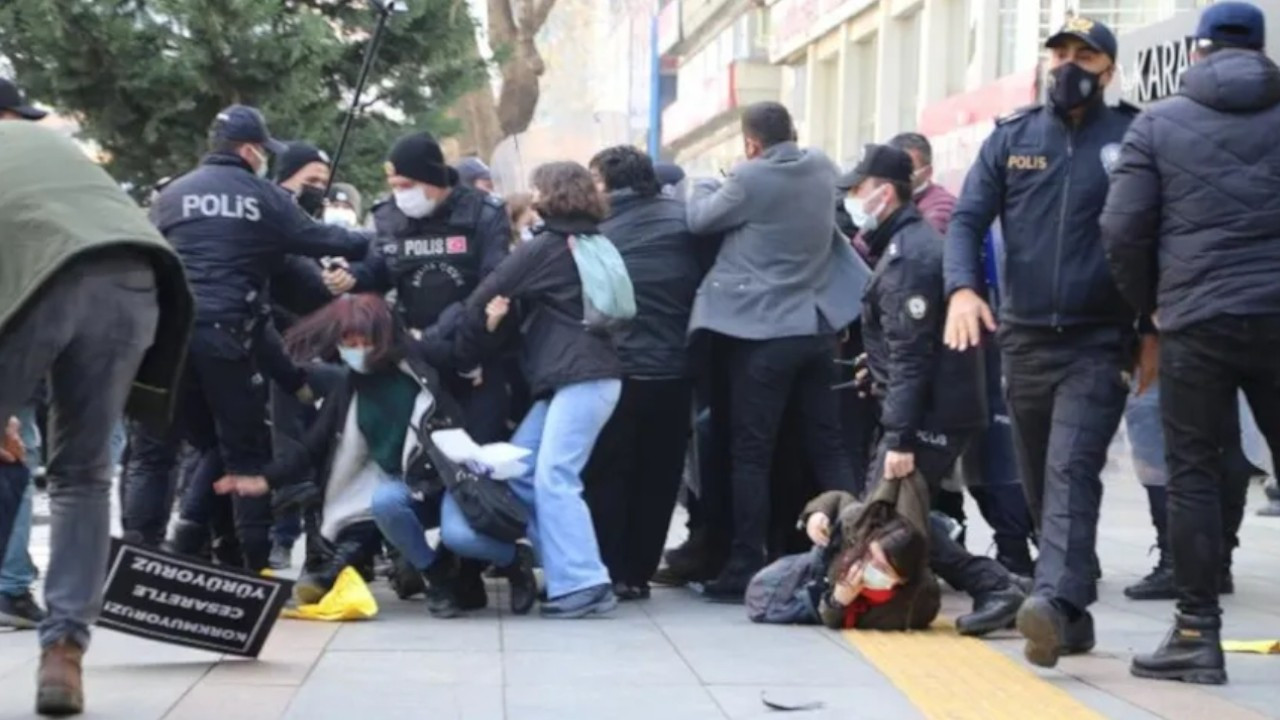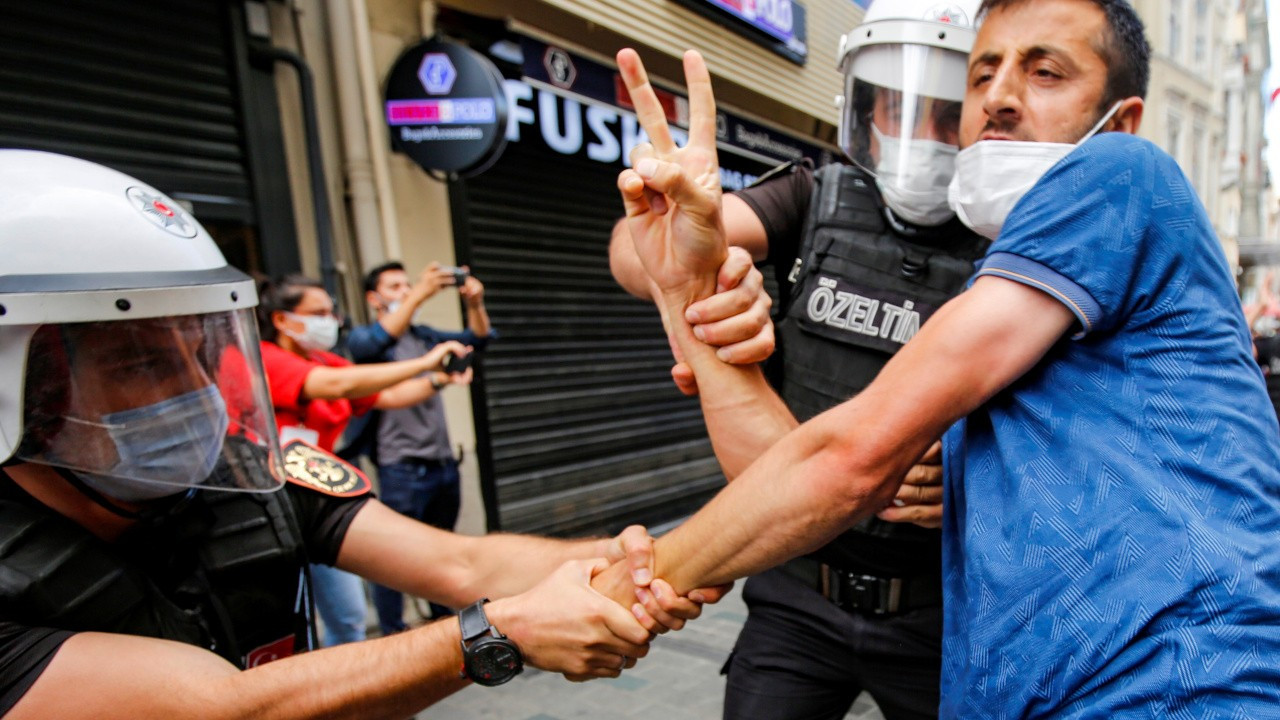Council of State finalizes decision to lift ban on capturing police footage in Turkey
Turkey’s Council of State, which previously annulled the General Directorate of Security's circular banning the recording of police images and voices, has now rejected the appeal.
Duvar English
The Council of State, Turkey’s highest administrative court, has finalized its process for the annulling General Directorate of Security's decision to ban recording police.
The high court previously annulled the circular banning the recording of police images and voices in the case filed by the Diyarbakır Bar Association and recently rejected the appeal of the directorate.
With this ruling, there is no longer a legal basis for preventing journalists from recording the images of police officers, according to the daily BirGun.
In its initial ruling, the Council of State decided, "The regulations introduced by the relevant circular impose rules and restrictions on the fundamental rights and freedoms, including the freedom of communication and press freedom.”
The high court stated that it was incompatible with the constitution for an executive body, rather than the legislative body, to impose such restrictions on these fundamental rights and freedoms through a regulatory action like a circular.
The court’s additional ruling clarified that the constitution allows for limitations on rights under lawful grounds and for legitimate purposes, but only “when aligned with the needs of a democratic society.”
It emphasized that instead of imposing broad restrictions, there should be a proportional balance between the intended purpose of the restriction and its means. The court noted that a ban on recording sound and images at newsworthy events, without differentiating press organizations and their members, was “unnecessary and disproportionate.”
The ruling further stressed that such a restriction infringed upon the core of the right to information, lacked a legally valid justification, and could not be justified as “a reasonable intervention in a democratic society.”

 Ban on filming Turkish police officers challenged in top administrative courtHuman Rights
Ban on filming Turkish police officers challenged in top administrative courtHuman Rights Despite public retreat, Interior Minister Soylu pushes forth with illegal ban on filming policeHuman Rights
Despite public retreat, Interior Minister Soylu pushes forth with illegal ban on filming policeHuman Rights